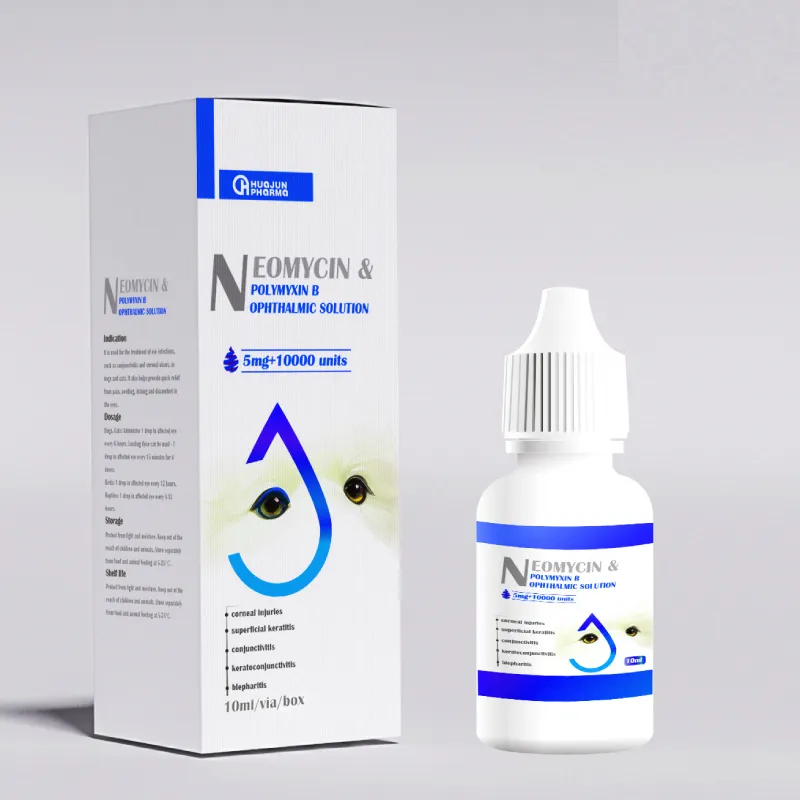
Aug . 12, 2024 18:46 Back to list
Exploring Leading Manufacturers of Florfenicol for Veterinary Use and Their Impact on Animal Health
Florfenicol A Key Antimicrobial in Veterinary Medicine
Florfenicol is a broad-spectrum antibiotic that plays a crucial role in veterinary medicine. Originally developed for use in veterinary practices, this antimicrobial agent is effective against a wide range of bacterial infections in various animal species. Its unique properties make it an essential tool for veterinarians in controlling infectious diseases, ensuring animal welfare, and promoting food safety.
Drug resistance among pathogens has become a significant concern in both human and veterinary medicine. Florfenicol provides an alternative treatment option, particularly for infections caused by resistant strains of bacteria. It is structurally related to chloramphenicol, yet it differs significantly in its safety profile, making it a more suitable choice for animals. While chloramphenicol is known for its potential to cause bone marrow suppression in humans, florfenicol has a lower incidence of side effects, making it safer for both treated animals and the humans who come into contact with them.
Florfenicol is commonly used in food-producing animals such as cattle, pigs, and poultry. Its effectiveness against respiratory pathogens, including Histophilus somni and Mannheimia haemolytica, has made it a preferred choice in treating diseases like bovine respiratory disease (BRD). This respiratory condition can lead to significant economic losses in the livestock industry due to decreased productivity, increased veterinary costs, and, in severe cases, animal fatalities. By effectively managing BRD and other bacterial infections, florfenicol helps maintain the health of livestock and ensures the sustainability of farming operations.
In addition to its use in treating active infections, florfenicol is also employed in disease prevention strategies. Prophylactic administration of florfenicol can help control outbreaks in at-risk populations, thereby reducing the overall incidence of disease. This preventive approach is particularly important during stressful events such as transportation, weaning, or overcrowding, which can increase susceptibility to infectious diseases.
florfenicol veterinary manufacturer

Despite its effectiveness, the use of florfenicol is strictly regulated. Regulatory bodies such as the U.S. Food and Drug Administration (FDA) and the European Medicines Agency (EMA) oversee its usage to prevent potential issues related to antibiotic residues in food products. This scrutiny is vital because consumers are increasingly concerned about the presence of antibiotics in the food supply and the implications for public health, especially regarding antibiotic resistance. Manufacturers of florfenicol are required to follow stringent guidelines regarding dosage, duration of treatment, and withdrawal times to ensure that products derived from treated animals meet safety standards.
Florfenicol is administered through various routes, including injections, oral solutions, and medicated feeds. The mode of administration is selected based on the veterinary treatment plan and the specific needs of the animals. The flexibility in its application allows for tailored treatment protocols to optimize therapeutic outcomes.
Research continues to evaluate the efficacy and safety of florfenicol, particularly in relation to emerging bacterial pathogens and changing resistance patterns. Innovations in veterinary medicine mean that manufacturers are continuously looking to improve formulations and delivery methods to enhance the drug’s effectiveness and minimize potential risks.
In conclusion, florfenicol stands out as a vital antimicrobial agent in veterinary medicine. Its broad-spectrum activity, safety profile, and regulatory oversight make it an essential part of disease management in livestock. By responsibly utilizing florfenicol, veterinarians can protect the health of animals, ensure food safety, and contribute to more sustainable agricultural practices. As the field of veterinary medicine evolves, florfenicol will undoubtedly remain a key player in the fight against infectious diseases in animals.
-
Premium China Bacillus Subtilis Supplier & Factory Solutions
NewsJul.30,2025
-
Premium Avermectin Supplier in China | Custom Solutions Available
NewsJul.29,2025
-
China Bacillus Subtilis Supplier - Custom Factory Solutions
NewsJul.29,2025
-
China Salivation: Leading Custom Salivation Supplier & Factory Solutions
NewsJul.29,2025
-
Leading Lincomycin Hydrochloride Manufacturer & Supplier with High Purity
NewsJul.29,2025
-
Bio-Enzyme Yogurt Growth Promoter Factory - Top Quality Manufacturer & Supplier
NewsJul.28,2025




